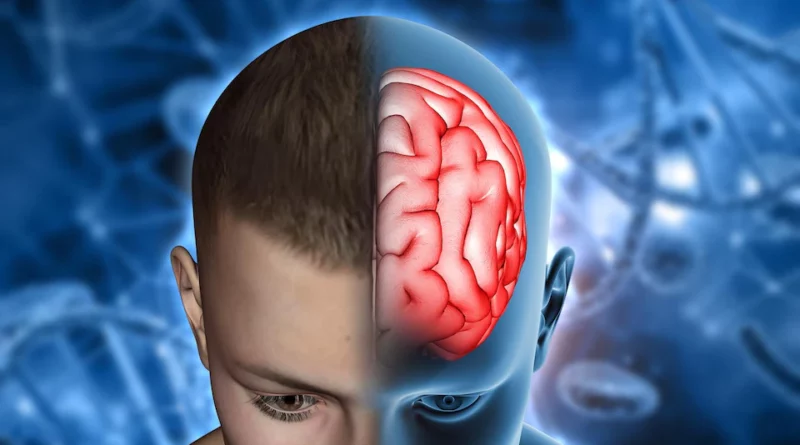Early Exposure to Weed Primes the Brain for Cocaine
[Please note that this page contains affiliate links. If you choose to purchase after clicking a link, I may receive a commission at no extra cost to you.]
A newer study shows that using pot when a teenager could prime your brain to reply positively to your first time using cocaine.
The study gives molecular understanding into whether weed is, in fact, a gateway drug.
Early Exposure to Weed Primes the Brain for Cocaine
Many studies have repeatedly shown that having a positive first experience with a drug makes you far more likely to do that drug again, therefore possibly becoming addicted.
The study was published in the PNAS journal.
“We now confirm from human epidemiological studies where people who abuse cocaine have an extensive history with weed use. A person’s first reaction to a drug can considerably impact whether they decide to continue to use the drug.
Cocaine Effects on the Brain
Although, many questions remain on how early cannabis exposure affects the person’s brain,” epidemiologist Denise Kandel, Ph.D., co-senior author of this new study.
The study gave adolescents and adult rats a synthetic psychoactive cannabinoid WIN 55,212-2 (WIN).
Both groups of mice were given cocaine, and the scientists observed how the animals reacted.
The study showed that younger mice who had been given WIN were more sensitive to the consequences of cocaine.
The early exposure “reprograms their first behavioural, epigenetic and molecular response to cocaine” in young rats.
“The changes were not seen in the adult rats. However, research from the past has shown that young rats that have been exposed to weed can become cross-sensitized to cocaine”, and that can change the amount to which mice crave cocaine and go through withdrawal symptoms.
The study looked at how cannabinoids prime bodily systems for cocaine.
Cocaine Effects on Prefrontal Cortex Changes
One of these systems is the endocannabinoid system, which is “turned on” using cannabis.
Some studies have connected impaired endocannabinoid signalling with increased stress response, emotional states, and cravings for the drug.
“The endocannabinoid system has a modulatory role in cognitive processes and reward systems,” the scientists wrote.
Affecting the endocannabinoid system and most likely the glutamatergic system, the scientists found that teenage cannabis use can cause changes epigenetically in the prefrontal cortex.
This part of the brain regulates important purposes like self-control and long-term planning.
The scientists recognized several restraints during their study, that includes:
- For the study, they used synthetic cannabinoids where they should use the occurring natural Δ9-THC
- Neurobiological changes in primary tissue rather than cell type-specific analyses
- They could have used more causality studies looking at the molecular data correlational in nature
- Instead of self-administration actions, they used experimenter-administered drug treatments
- Scientists also explained that people wouldn’t necessarily create an addiction if they had a great time with their first experience with a drug. Although, they said that studies like this could help develop better cures for substance abuse disorders.
“These studies and other studies are key to understanding the molecular changes to the brain that occur under the influence of drugs,” said Dr. Eric Kandel. He is the University Professor and Kavli Professor of Brain Science at Columbia. “This new information will be crucial for developing successful treatments that cure addiction by looking at the disease’s underlying mechanisms.”


